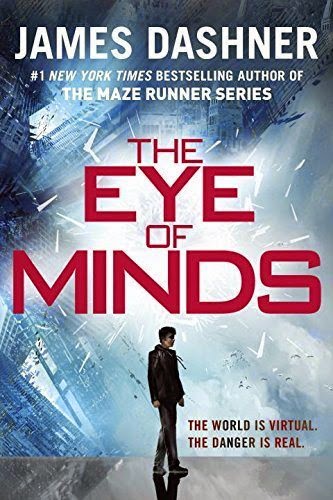How to Market and Publish, Shakespeare Style Part 1 of 10
Welcome to all who are new. This is the beginning of my series on marketing and publishing. I’m going through history and pointing out how people marketed then… and how it really isn’t all that different from now.
For example why do we recall Shakespeare and not other contemporaries of his time? They all published countless works and made countless plays. They were all exceptional. They all worked to the best of their abilities and talents. So, why do we remember Shakespeare?
He knew how to market correctly. he knew that to be famous it would be countless hours at the court of the Queen and gaining her favor. He didn’t have an agent or a publishing company behind him, but he used word of mouth. He had a family but they took a back seat to marketing, when it became vital that he gain some money. His son’s name was close to that of one of his plays.
I’m not suggesting doing what Shakespeare did particularly if it is against your nature, but marketing needs to be done, and regularly. It’s a challenge that everyone must take on if they want to be a published author. Everyone.
I admit that I’ve read Shakespeare and Marlowe, but the thing I remember most about Marlowe was he died in a bar brawl… not the best way to market. Your reputation as an author depends on proper marketing. read up on it and read books and DO it.
One of the best ways to market is to blog or write in niche areas, that while won’t initially get you much money, will get you a following. Be kind and gracious to all, hold true to you honour. value integrity, because when you become famous things you did way back when will come back to haunt you.
Marketing is the art of showing yourself in the best light. William Shakespeare knew this. Christopher Marlowe did not.
My Question for you today is this: What is the most important thing or things that you can do to market yourself as a writer?
You May Also Like

Who Are You Publishing a Book For…?
September 16, 2013
Book Review: The Eye of Minds by James Dashner
March 17, 2015
5 Comments
AmberInGlass
Personally, and going along the lines of what I discussed in my guest blog for you earlier, I think staying true to yourself is one of the most important things you can do. Even for marketing.
If you trade your unique perspective for popularity and success, personally I think it stands a very good chance of getting washed aside with all the rest of the material out there.
Marnie Elizabeth
Rebecca it seems like you market yourself quite well. You have like 167 followers–how did you do that. It seems like you have some insight of your own to share 🙂
Cindy
Rebecca, I like your new header! It's easier to read and it really draws you in. Anyway, this topic is so important to me right now. I am working daily with ideas for marketing my book (which is also marketing myself). I agree that blogging can help and that presenting yourself in the best light is so important.
Making friends and building relationships helps! When people know more about you, know what kind of person you are, it's not as hard to jump out there with a brand new book and try to convince people to buy it. I am looking forward to this series and all the great ideas I know you're going to have 😀
cathryngrant
I just found your blog on AmberInGlass – I love the title of your series and am looking forward to reading more.
After spending way too much time in high tech marketing, I guess it's been worth it as I'm just recently seeing how it applies to my first love: writing fiction.
The most important thing I'm thinking about these days is my brand – what is my brand and how do I represent it? I think what Andrew said is a big part of brand: staying true to yourself.
PrettySiren
Like everyone has already said, the most important marketing thing you can do is stay true to yourself. As a figure out there in the public eye, your image might as well be your book.
Personally, I like the grass roots approach to marketing. It really inspires the most die-hard of fans, from what I've seen. Some of the most beloved writers I know of are very active on forums and blogs; they connect with their audience in a personal way, which is important, because it allows the reader to see their humanity and connect with them as people, the same way they connect with the author's characters.